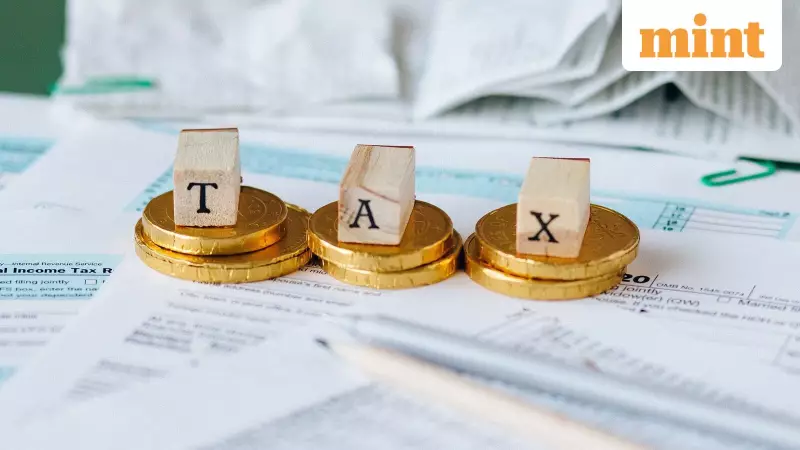
A taxpayer who sold a residential property in March 2024 and deposited ₹57 lakh of the capital gains into a Capital Gain Account Scheme (CGAS) is now facing a tax dilemma after deciding to move abroad and forgo purchasing a new house. The central question is whether the newly introduced lower tax rate of 12.5% will apply or if the older, higher rate of 20% will be charged.
The Tax Timeline and Trigger Event
The individual sold the original asset, a residential house, in March 2024 during the financial year 2023-24. The long-term capital gains (LTCG) from this sale were deposited into a Capital Gain Account Scheme (CGAS) account in May 2024. This move allowed the taxpayer to claim a deduction under Section 54 of the Income Tax Act, 1961, in their tax return for that year, effectively exempting the gains from immediate taxation.
However, the law stipulates that if the funds in the CGAS are not used to purchase or construct a new residential property within a specified period, the exemption is reversed. The taxable event is triggered when the three-year period from the date of the original sale expires. In this case, since the property was sold in March 2024, the three-year window concludes in March 2027.
Consequently, the LTCG amount that was initially claimed as exempt will become taxable in the financial year 2026-27 (Assessment Year 2027-28).
Will the New 12.5% LTCG Tax Rate Apply?
This is where the Finance Act 2024 introduces a critical distinction. The new legislation introduced a reduced LTCG tax rate of 12.5% (without indexation benefits) for the transfer of assets made on or after April 1, 2024, effectively from the new financial year. For any asset transfers that occurred before this date, the previous LTCG tax rate of 20% (with indexation) continues to apply.
In this specific scenario, the original asset was sold in March 2024, which is before the cutoff date for the new tax regime. Therefore, when the LTCG becomes taxable in FY 2026-27 due to the non-utilization of the CGAS funds, it is the original date of transfer (March 2024) that determines the applicable tax rate.
As a result, the taxpayer will likely have to pay tax at the rate of 20% on the ₹57 lakh gains, plus any applicable surcharge and cess. The advice to pay only 12.5% is incorrect for this situation.
Key Takeaways for Home Sellers
This case highlights several important points for individuals dealing with property sales and capital gains:
- The tax exemption under Section 54 is conditional upon the reinvestment of the sale proceeds into another residential property.
- The Capital Gain Account Scheme only provides a temporary holding pattern; the funds must ultimately be used for the intended purchase.
- The tax rate applicable upon the reversal of the exemption is determined by the date of the original property sale, not the date the tax becomes due.
- Failure to utilize the deposited gains makes the entire LTCG amount taxable in the year the three-year period ends.
For anyone in a similar situation, consulting with a tax expert is crucial to accurately understand the liabilities and plan finances accordingly, especially with changing tax laws.






